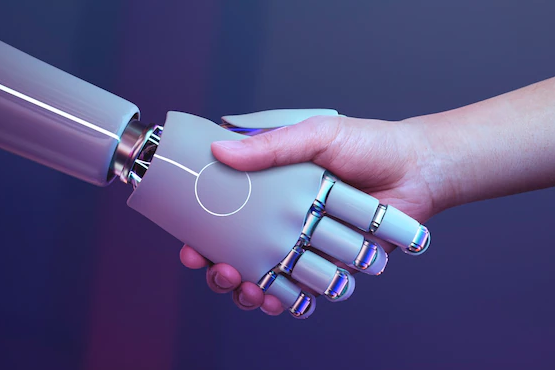Artificial intelligence (AI) has been a part of our everyday lives for a long time. It is the science of making machines think like a human and it has made many things possible from self-driving cars to personalised online experiences. However, it seems like it’s getting out of hand.
The humankind has always been curious about technology and tried to develop new things. The studies for developing a technology where machines can think like a human or even better than them actually dates back to the mid 20th century. Since then, AI has evolved a lot especially in the recent years and brought us to where we are today.

As helpful as it is in various aspects of our lives such as healthcare, learning, creativity, transportation and many more, I think AI is starting to become slightly dangerous. This view is also shared with the leaders in the technology sector, such as Elon Musk. In one of his interviews, he says: “AI could, even if unlikely, lead to destroying civilizations, making it more dangerous than mistakes in making planes or cars.”. Additionally, considering the rumours that many significant leaders in this sector are building underground shelters in their mansions due to these concerns, the seriousness of the situation cannot be ignored.
Although it might sound like the stuff from science fiction movies, I believe that if AI research isn’t stopped until safety measures are in place, there will be more than just the destruction of civilizations let alone a takeover. I’m sure that if AI technology has come this far, it’s not much time until they start making their own decisions and start to take control.
To sum up, we all know robots do not have emotional intelligence and they decide based on logic. On the other hand, we also know that human beings are emotionally developed as well as logic wise. If us, who are seen as superior in this topic, can cause wars to start and even cause the death of innocent people, it is not impossible for AI to do more and take more dangerous steps than us.

